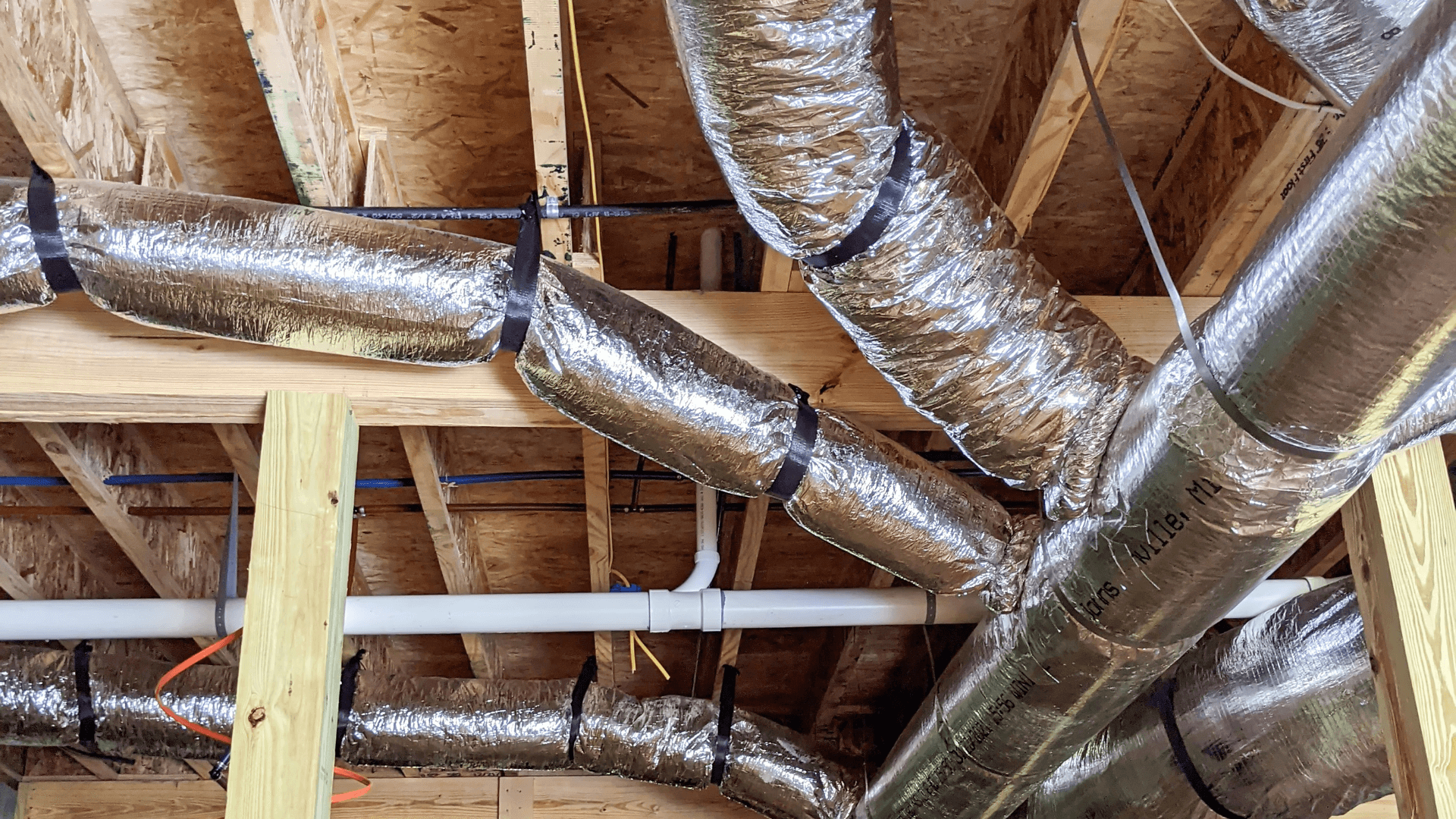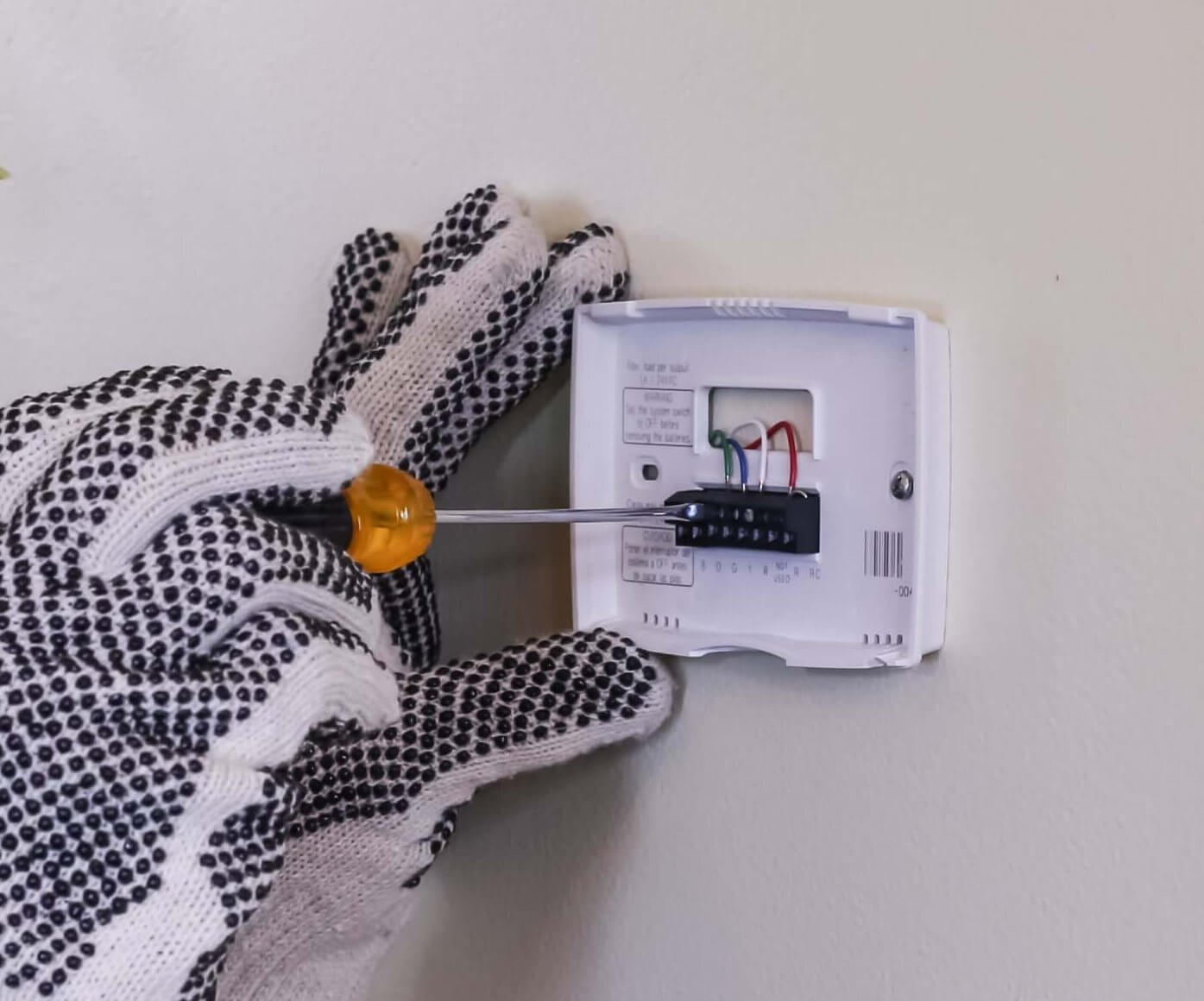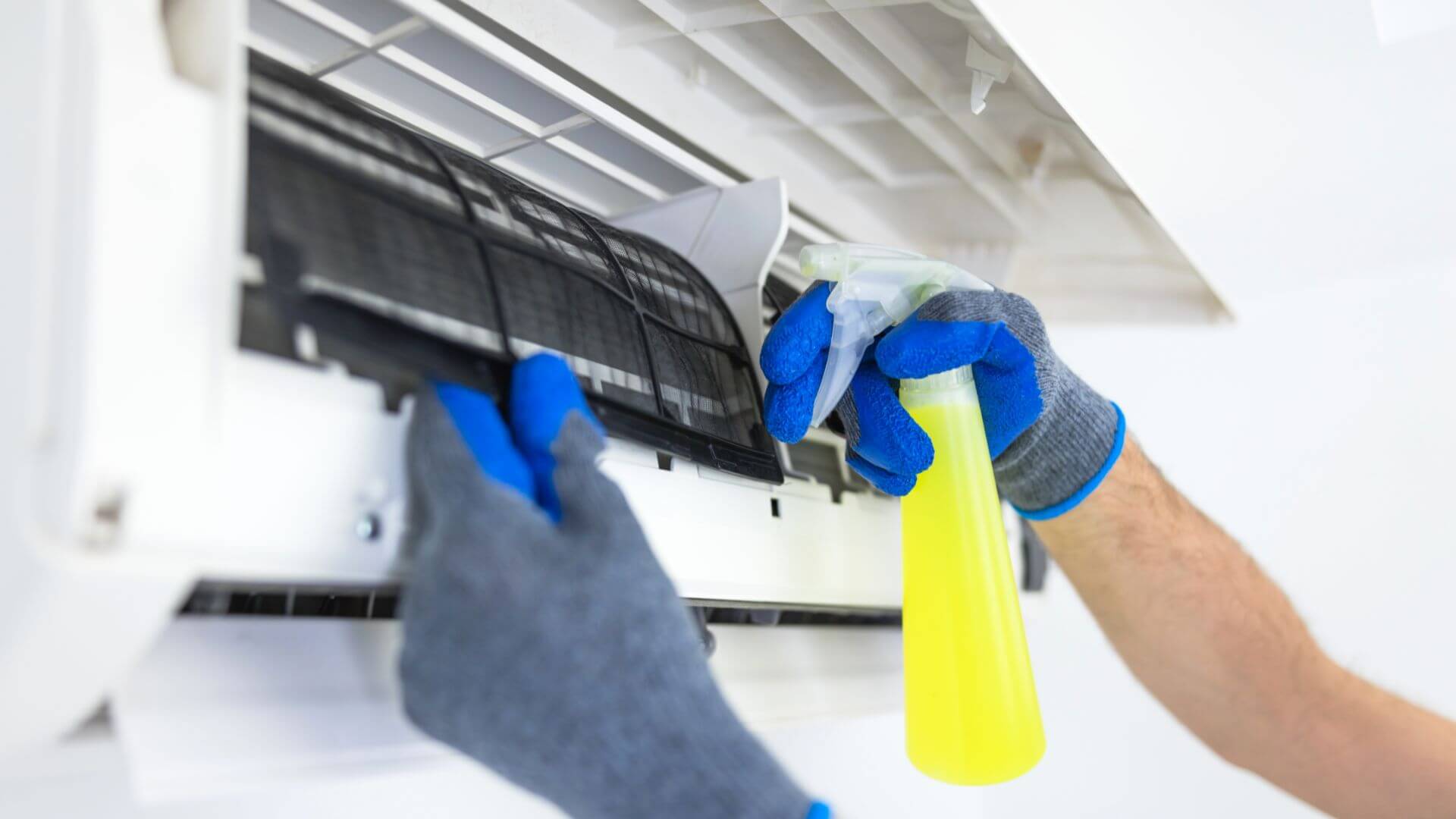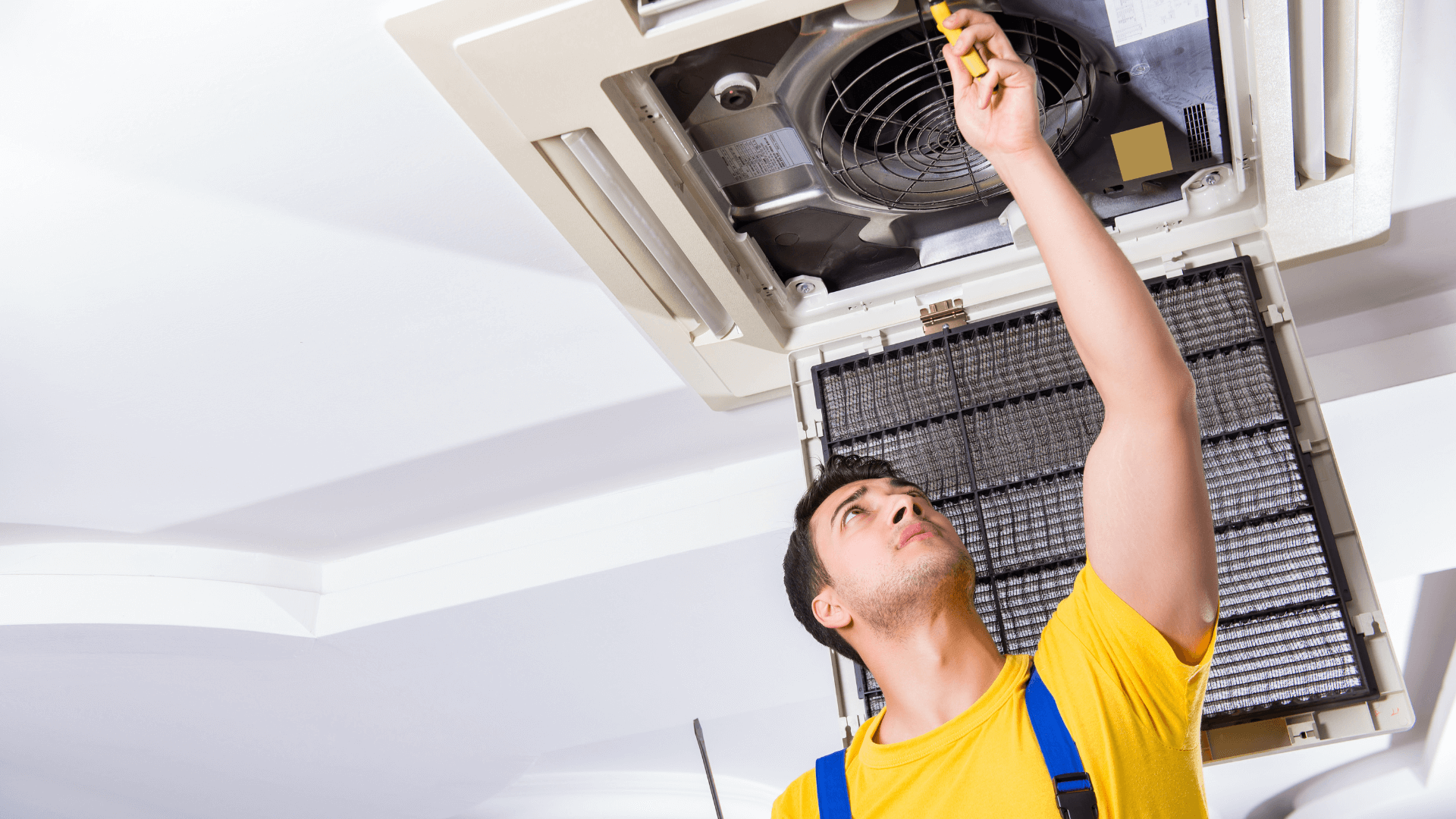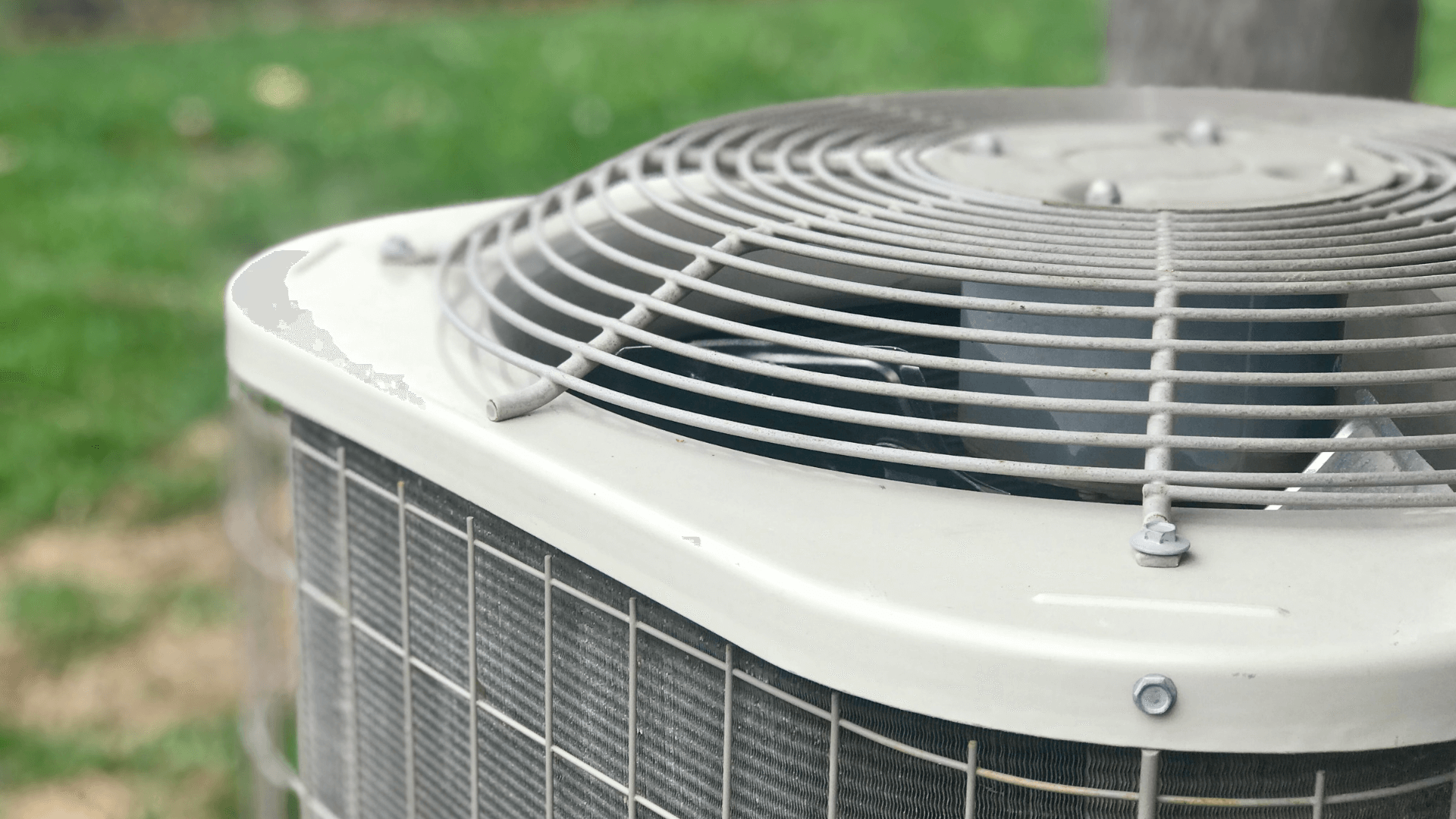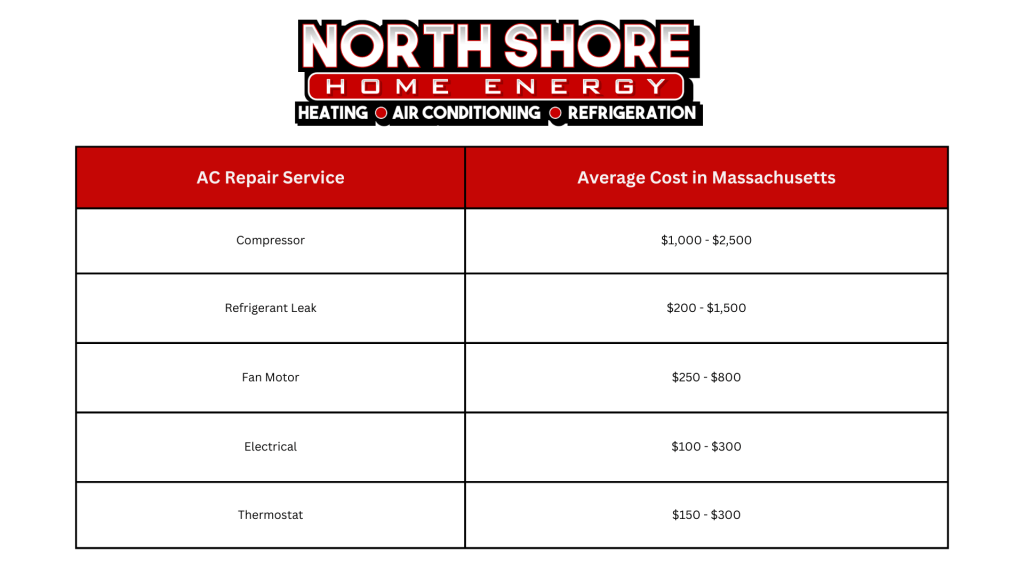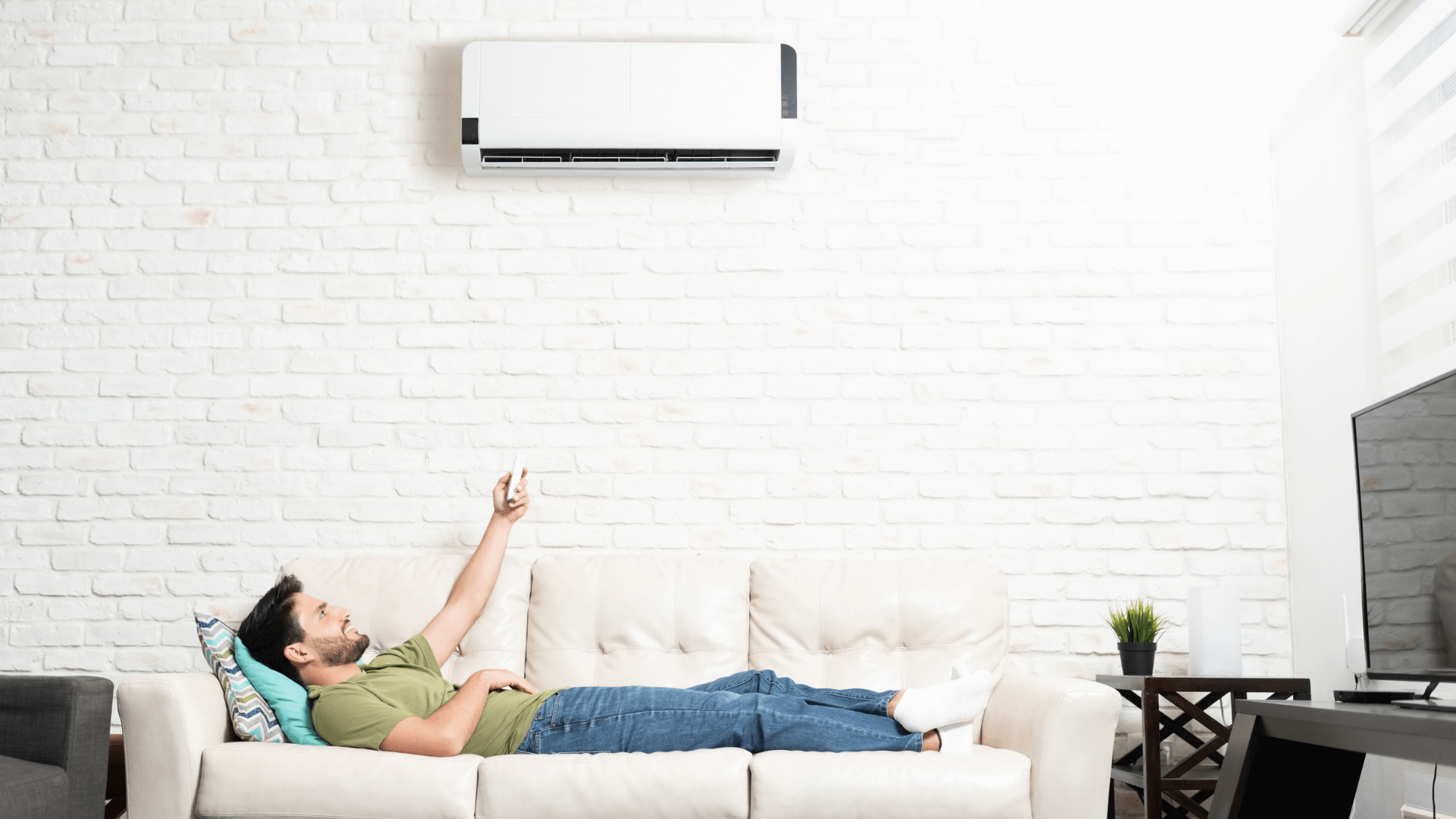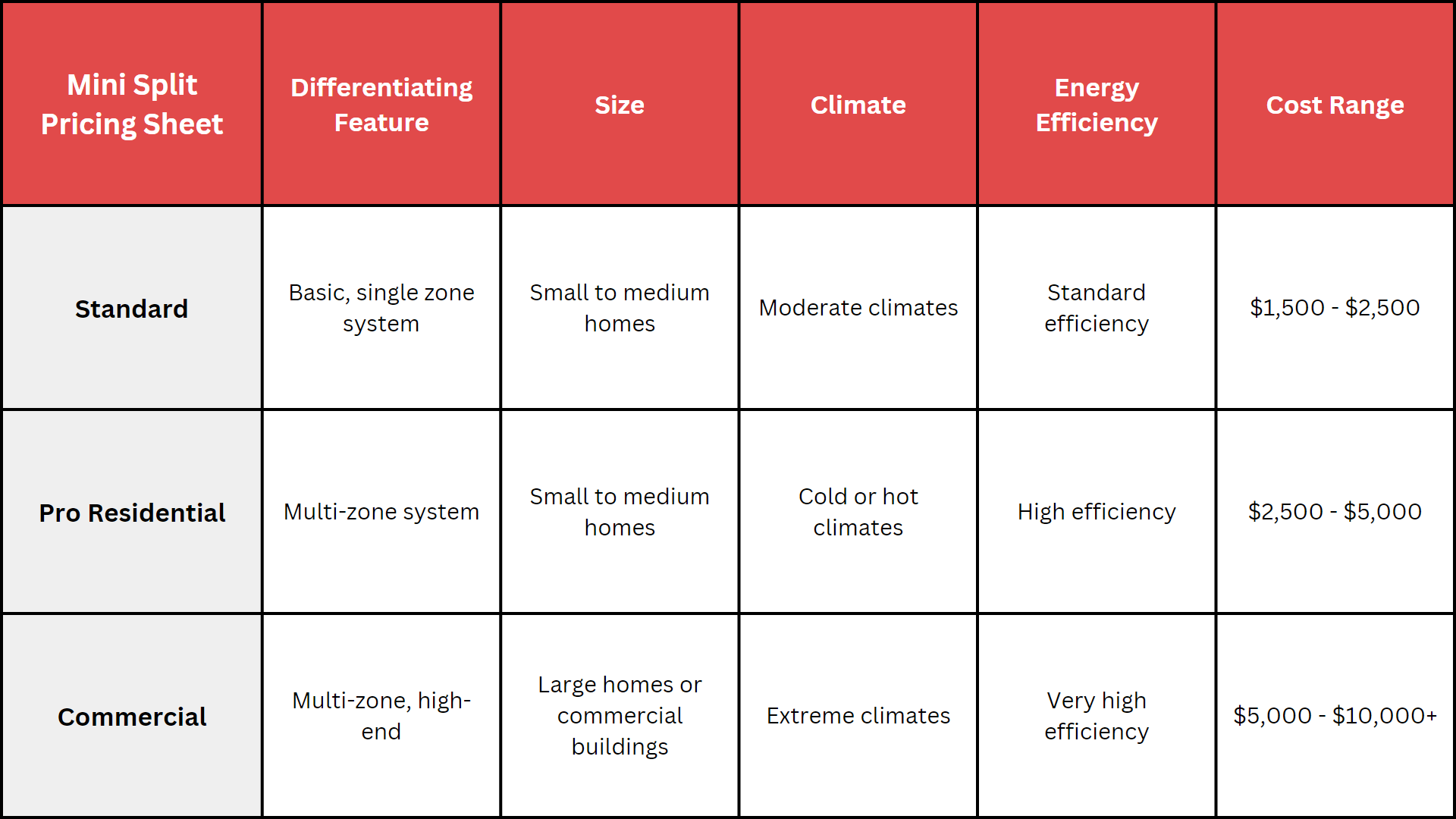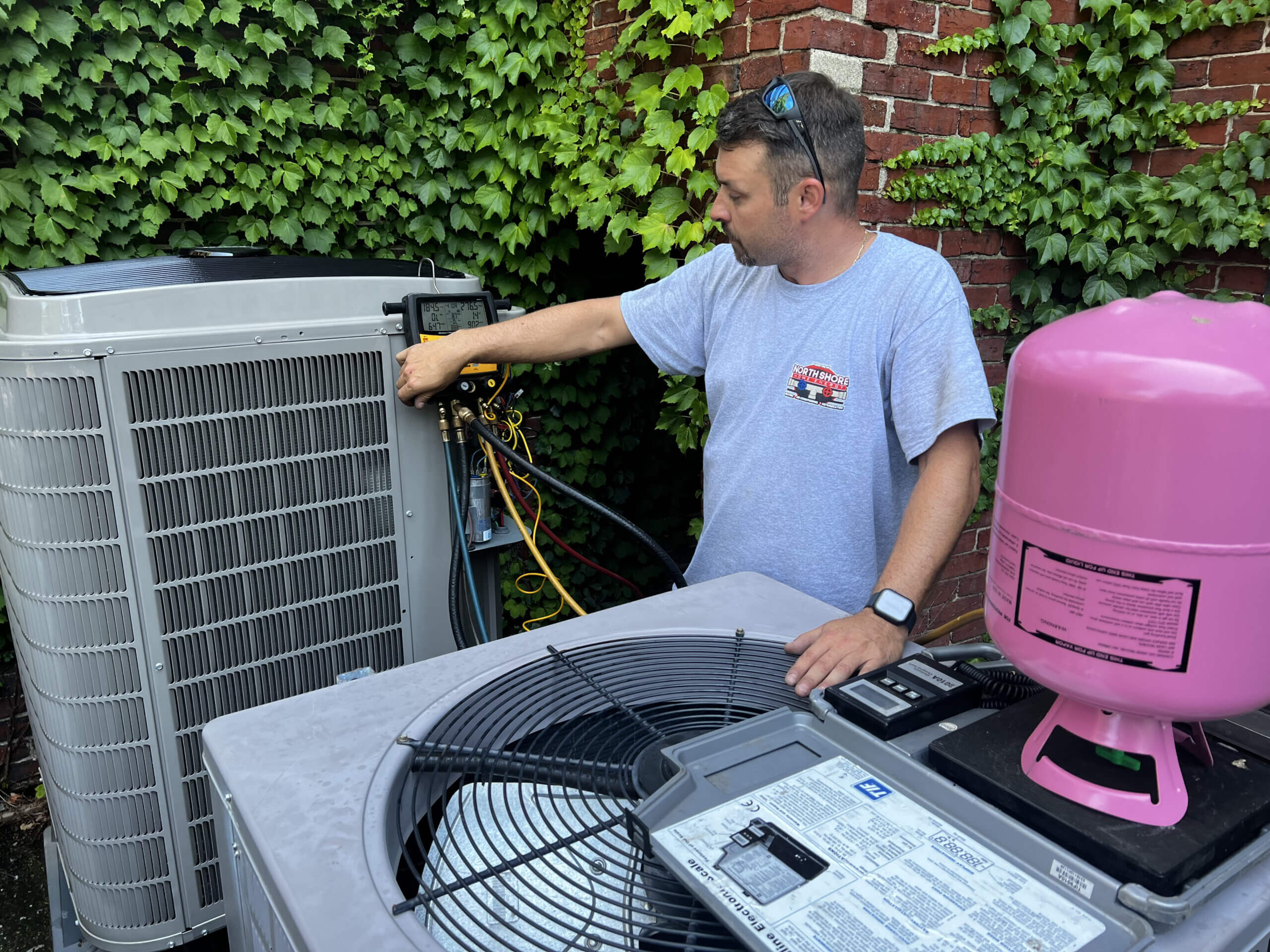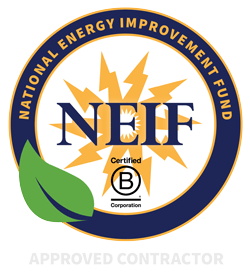How Do You Know It Is Time For A New AC
- Cooling
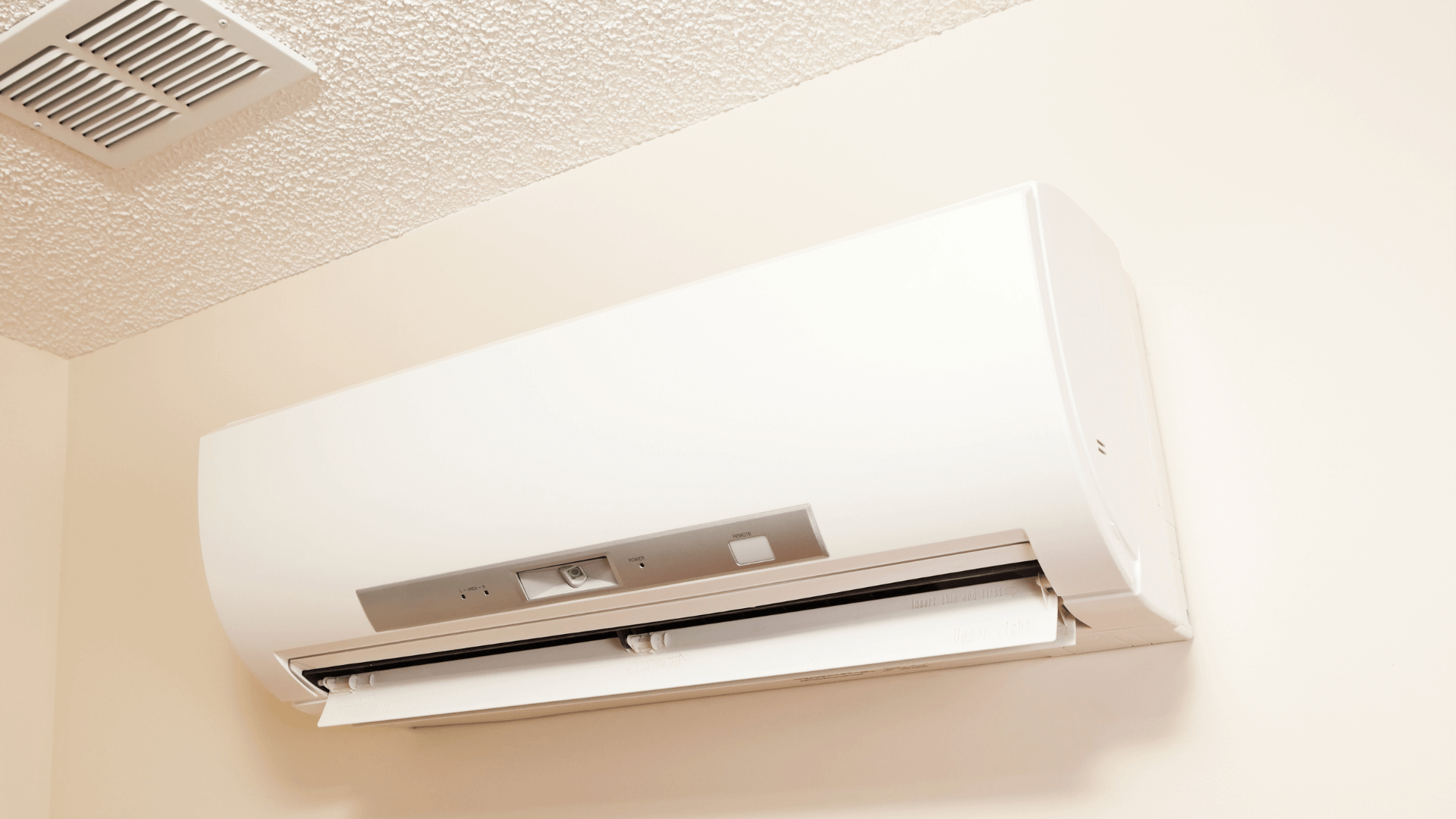
How Do You Know It Is Time For A New AC
Air conditioner systems are a must during the summer months. With temperatures in the 80s and 90s and high humidity, it is important not just for your comfort for your indoor spaces to be cool but also safety. Appliances and electronic devices can get damaged in high heat, and it staying cool during the summer is better for your health. But if you are still using an air conditioner that sits in your window, you might want to consider upgrading to a more modern solution like a ductless-split system. In this article, we will cover a few reasons to consider upgrading your Air Conditioning systems. If you own a property in Southern New Hampshire or Northern Massachusetts, contact us for more information about installation and different products.
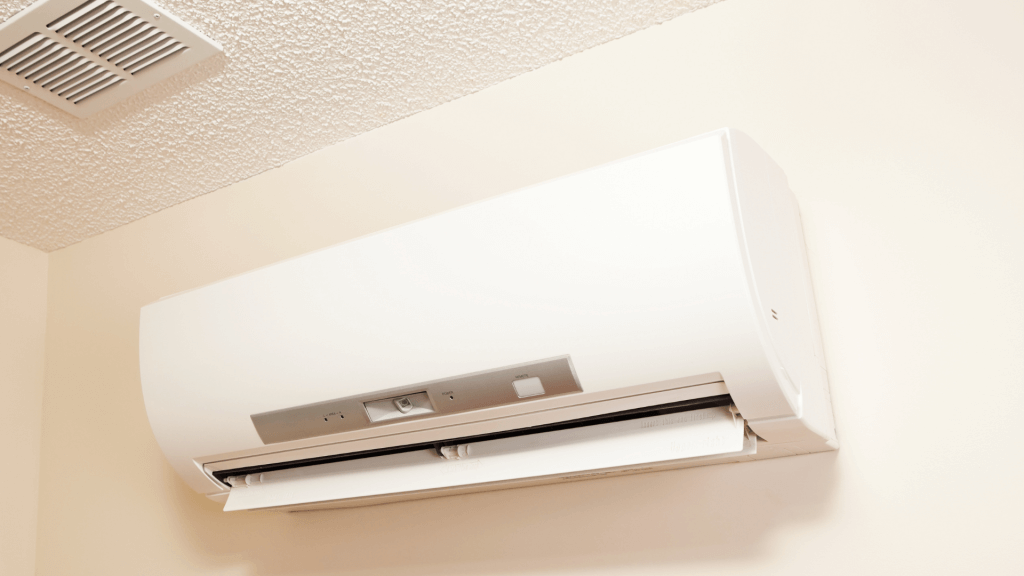
The Importance Of An Efficient Air Conditioner
Air conditioning uses a lot of electricity. In fact, it has been estimated that about 5 percent of all the electricity produced in America is used for air conditioning. Collectively, we spend billions of dollars every year keeping our homes and businesses cool. And with temperatures rising, it is likely those costs and energy usage will continue to rise as well. This is why it is recommended that people invest in efficient systems. Older machines are inefficient in two ways. First, older machines feature older designs and might not be engineered for efficiency the way a newer system would be. Second, the older any piece of technology gets, the less efficient it becomes. Not only can this lead to your air conditioner failing to cool your home adequetly, but it can also cost more money. Moreover, older systems like movable air conditioning units that sit in windows are inherently inefficient. Every gap between the air conditioner and the window sill is a gap that cold air can escape through. Having indoor air conditioning systems are much more effective.
A Modern Air Conditioner Cools The Home Evenly
Have you ever noticed that when your air conditioner is running there are cold and hot spots throughout your home. Newer systems are much more effective at cooling an entire home. When modern air conditioners are combined with good insulation it is much easier to ensure that the home is effectively cooled. Not only that but advancements in blade shape and compressors mean that modern air conditioners can make less noise as well. This can make them much more beneficial to use throughout the day. Moreover, some modern systems can even work with app controlled technology which makes it possible to program them to conserve power when you are out of the house.
Newer Air Conditioners Are Easier To Service
When an air conditioning system needs repairs, you will need a team that has both the experience to service your system as well as the tools and equipment to handle the repairs. For example, R-22 refrigerant used to be used in cooling systems throughout the country. But when the EPA classified this coolant as dangerous to the ozone, it stopped getting produced. This means repairing systems that use that coolant will become more difficult and more expensive year after year. At a certain point it will be more cost effective to replace an old air conditioner than to pay for the replacement parts and repair/maintenance costs.
Set Up HVAC Services in MA and NH
For homes and businesses throughout Massachusetts and New Hampshire, we provide HVAC installations and maintenance. If you are interested in installing new systems or have questions about what systems are right for your property, please give us a call.


